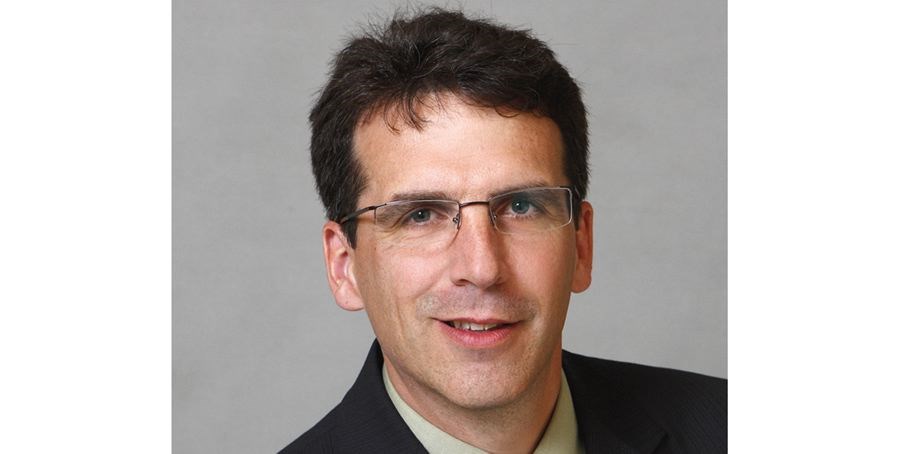This is a true story, the details of which have been altered to buffer the family from public attention.
Their dad was just a regular guy. They lived a middle-class life, and he was home as often as not in the evenings or on weekends. They did not live in an auspicious home, drive fancy cars, did not go on lavish vacations, and did not dress or eat any differently than the other kids they grew up around.
Mom split her time between home and the office where her husband worked.
Life revolved around the family. The kids were expected to do well in school, help out around the house, take on part-time work for spending money, and plan for their future life as prudently as the next family.
When the eldest of the two children finished university, she sat down with her parents and received some shocking news. They had deemed that she had matured properly, was a hard worker, a diligent student, and a good daughter. She would be granted $1 million with which she could start a business of her own.
This would be all that she would get until much later in life. It was a handsome sum, but did not begin to scratch the surface of the wealth her parents had accumulated.
She grew up believing that her father was a mid-level manager at the trucking company where he reported for work each day. Her parents were in fact the owners of a multi-million dollar enterprise. They had not allowed themselves to be spoiled by their own success, and were determined to ensure that neither of their children would be.
The son soon found out about his sister's inheritance, but the news of wealth had been carefully delivered as a part of a meaningful family story. It came across as more humbling than anything. Life had been rich, but in a way that spoke volumes about the family.
This made the son desperately want to return the favor to his parents. He felt a deep desire to re-create the experience for his children, namely an appreciation for the treasure of good balance, and a set of values that ran deeper than any bank account ever could.
Andrew Carnegie, a 19th-century steel magnate said: "The parent who leaves his son enormous wealth generally deadens the talents and energies of the son, and tempts him to lead a less worthy life."
Coming to grips with the fact that a person never needs work again is more than just a number-crunching exercise. For an heir, it is about emotionally digesting a big lump of family experience and considering, "what to do now." It may manifest in a lost period for some young people.
Especially the first time they are out of the daily influence of their parents, the young adult child might drift, experimenting with painful relationships, drugs or alcohol, or straying from scholastic pursuits.
In these moments of truth, it is important to resist the temptation to insulate them from their own mistakes. Depth of experience is enriched by messing up, and solving our own mistakes.
In The Inheritor's Inner Landscape: Emotional Challenges for Heirs, Katherine Gibson, et al. note that:
"Abundant wealth has a way of separating heirs from the grist of life. Many complain of feeling out of touch with authenticity and passion, never mind with the mundane realities of money. They long for a deeper engagement with life, a more solid footing in the world, but are often at a loss about how to attain these goals... (Some) drift like rudderless boats from one thing to another."
I recall the polar bears we used to go see at the Vancouver Zoo, back when they had them there. These magnificent animals were locked in a large cement pit, surrounded by gazing, appreciative crowds. But they clearly lacked the lustre they may have once had, when in the wild they had to hunt for their survival or die.
The big lanky bears paced back and forth mindlessly, a constant supply of food on hand. The stench of their own boredom permeated the arena - pointlessness is a sad sight and smell.
Some zoos eventually came up with an innovative solution: make them work for their food somehow, by hiding it, or making it challenging to retrieve from some difficult corner of the pen.
Gibson et al continue: "(When) wealthy parents raise their children to have self-esteem and clear boundaries, they provide them with real wealth. And when affluent parents model the practical steps of manifesting a dream - the assembling of the lemonade stand, filling out the job application, or simply plodding along during the rough spots - they give their children the chance to live truly fulfilling lives."
Hunger drives meaning in life. As much as we yearn to eliminate it, its permanent void is a dreadful poison.
Mark Ryan is an advisor in Prince George with RBC Wealth Management, Dominion Securities, (member CIPF) and can be reached at [email protected].



